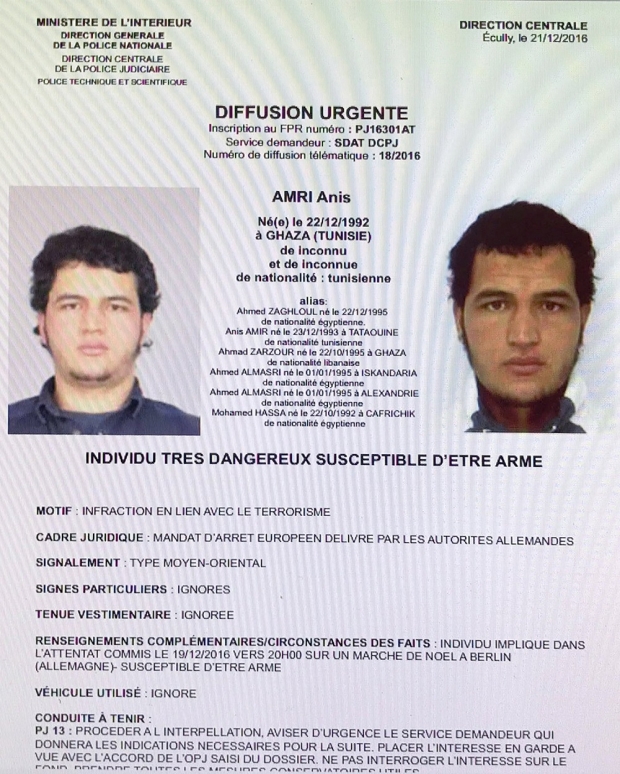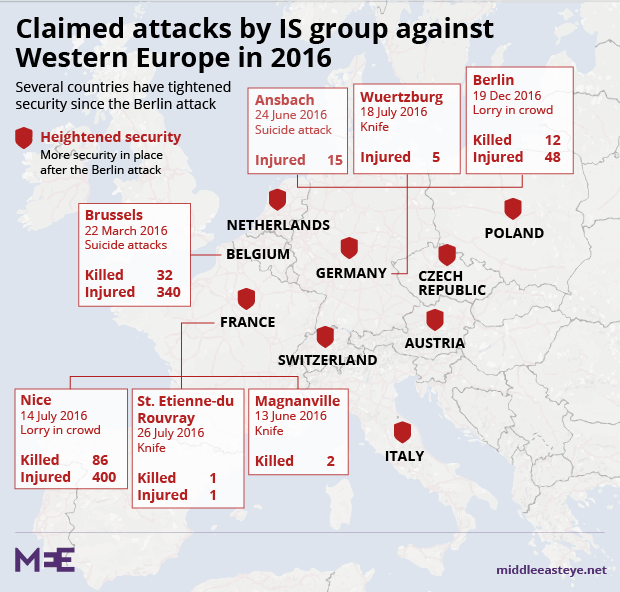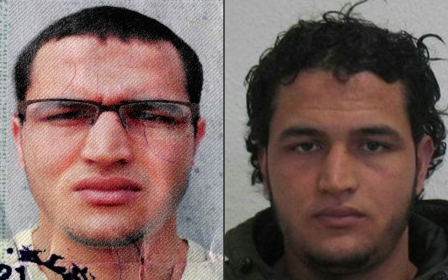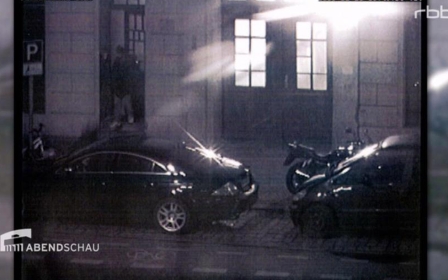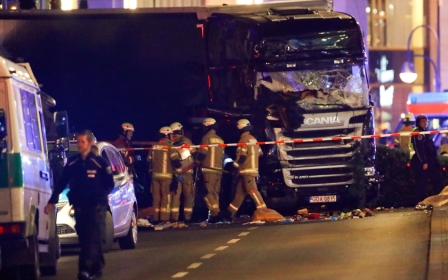Berlin attack suspect Anis Amri shot dead by police in Milan, Italy
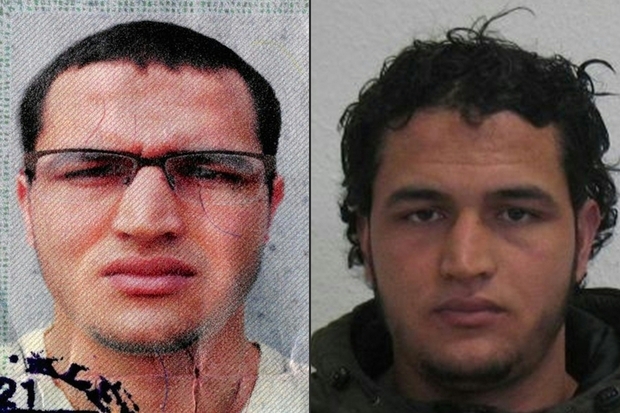
A Tunisian man wanted on suspicion of carrying out a deadly lorry attack on a Christmas market in Berlin was killed in a shootout with police in the Italian city of Milan, Italy's interior minister said on Friday.
Speaking at a news conference, Marco Minniti said Anis Amri had been fatally shot after being stopped in a car for a routine identity check at about 3am (02:00 GMT).
Identity checks had established "without a shadow of doubt" that the dead man was Amri, Minniti said.
According to Italian media reports, Amri pulled out a pistol after being stopped and subsequently was shot.
A Europe-wide manhunt had been under way for Amri, a 24-year-old asylum seeker, who German investigators had said they believed was the likely perpetrator of Monday's attack in which 12 people were killed and 49 were injured.
A police notice lists six different aliases used by Amri, born on 22 December 1992, who at times tried to pass himself off as an Egyptian or Lebanese national.
Several German media outlets on Thursday said Amri's fingerprints had been found on the door of the truck that ploughed through the crowds.
Authorities had warned that Amri was potentially "armed and dangerous" and had offered a reward of €100,000 ($104,000) for information leading to his arrest.
The attack was subsequently claimed by the Islamic State (IS) group. The IS-linked news agency Amaq released another statement on Friday in which they said a "security source" had told them that the agent "who executed the Berlin attack executed another attack against an Italian police patrol in Milano city, where he was killed during a shootout."
The agency also released a video in which Amri appeared to pledge allegience to the IS emir Abu Bakr al-Baghdadi.
In Tunisia, Amri's family expressed shock on Wednesday when they were questioned by anti-terrorism police and learned that Amri was wanted across Europe.
"I can't believe my brother could do such a thing," his sister Najoua told the AFP news agency.
"He never made us feel there was anything wrong. We were in touch through Facebook and he was always smiling and cheerful."
His brother, Abdelkader, said: "When I saw the picture of my brother in the media, I couldn't believe my eyes. I'm in shock, and can't believe it's him who committed this crime."
The hunt for Amri has cast scrutiny on German investigators after a Pakistani man was initially arrested over the attack but later released.
Amri was not identified as a suspect until late on Tuesday, though police confirmed on Wednesday that he had been under covert surveillance for several months this year.
Faster deportations
German Chancellor Angela Merkel said on Friday she had told Tunisian President Beji Caid Essebsi during a phone conversation that her government wanted to speed up deportation of failed asylum seekers and increase the number of those expelled.
Merkel said the incident raised many questions and her government would take measures to improve security.
"We have also made progress this year on the very important issue of deporting Tunisian citizens who have no right to stay in Germany," Merkel said. "I told the Tunisian president that we have to significantly speed up the deportation process and increase the number of people sent back."
Middle East Eye propose une couverture et une analyse indépendantes et incomparables du Moyen-Orient, de l’Afrique du Nord et d’autres régions du monde. Pour en savoir plus sur la reprise de ce contenu et les frais qui s’appliquent, veuillez remplir ce formulaire [en anglais]. Pour en savoir plus sur MEE, cliquez ici [en anglais].


